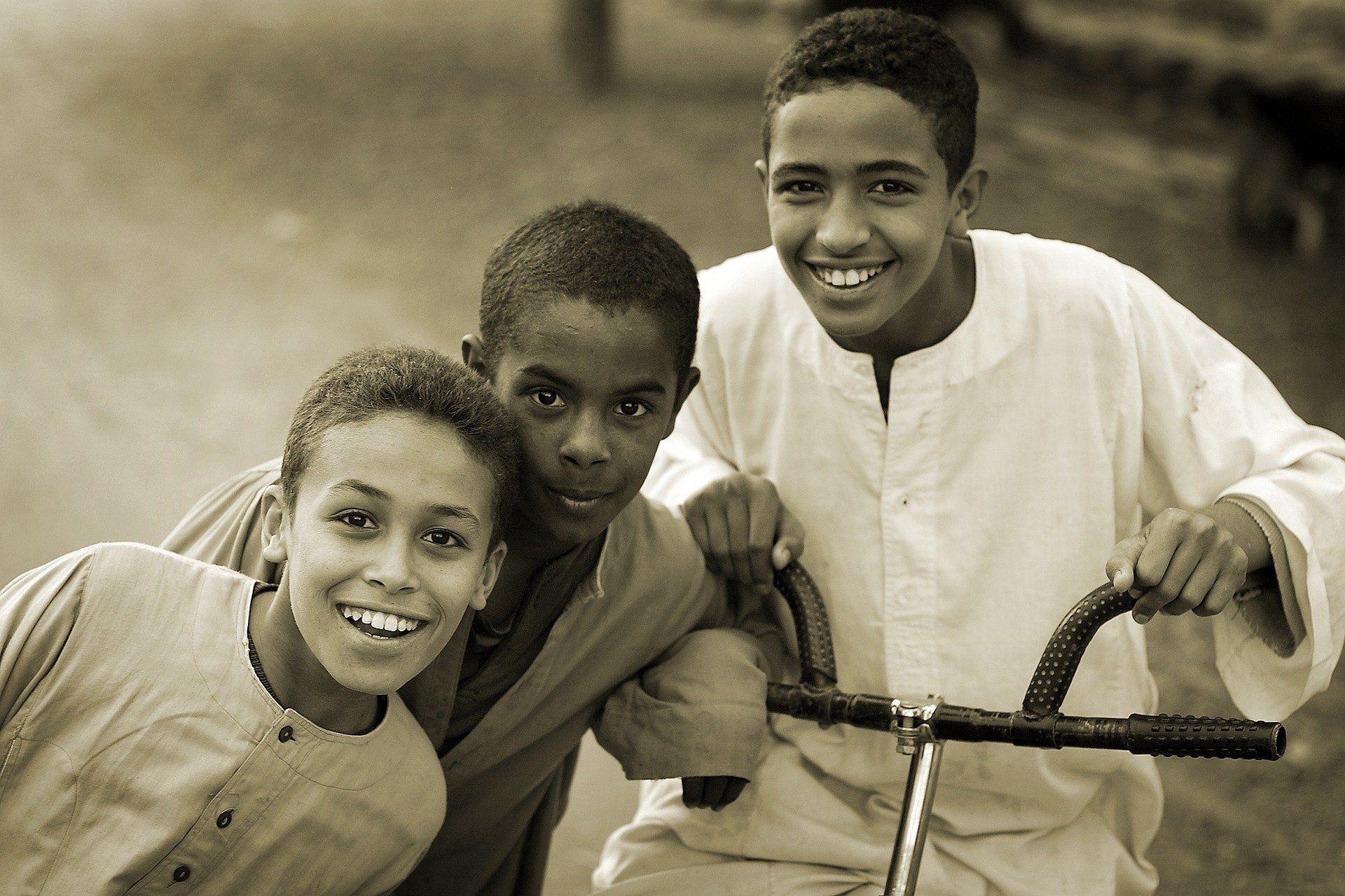How old are the children who are adopted internationally?
Have you ever thought about adopting a child from another country? International adoption can be a very rewarding way to give a child, who may otherwise grow up in an orphanage, unconditional love in a home of their own.
WHERE TO START
International adoption is governed by three sets of laws: United States federal law, United States state of residence, and the laws of the child's country of origin. Therefore, it is very important to have an advocate who is experienced and knowledgeable in all types of adoption proceedings.
THE HAGUE ADOPTION CONVENTION
The Hague Adoption Convention is an international treaty designed to protect all the parties involved in intercountry adoptions, that is birth parents, adoptive parents, and in particular, the best interests of the children.
This treaty went into effect on April 1, 2008 and includes any country outside of the United States that is a party to it.
The general rule is that the adoptive child must be under the age of 16 when the adoption paperwork is filed. However, if the adoptive child is a sibling of a child under the age of 16 who was previously adopted by or will be adopted by the same parents, the adoptive child may then be as old as 17.
INTERNATIONAL ADOPTION PROCESS
All countries who are included in the Hague Adoption Convention treaty are required to have a central authority sanctioned by the government to safeguard the adoption process.
When considering an international adoption, the adoption service provider (ASP) you choose must be authorized to provide Hague adoption services. Be sure to ask all prospective ASP's whether or not they have this authorization or accreditation.
NON-HAGUE VISA PROCESS
If your international adoption involves a non-Hague Adoption country, the adoptive child must qualify as an orphan according to the guidelines established by the Immigration and Nationality Act, INA. In this case, the adoptive child only needs to qualify for orphan status under United States law and not their country of origin.
The age requirements for the adoptive child are the same as a Hague adoption.
INTERNATIONAL ADOPTION STATISTICS
While the above provisions allow an intercountry adoptive child to be as old as 17, most children adopted have been between the ages of infant to two years of age with nearly 100,000 adoptions finalized since 1999. However, in 2015 and 2016, the largest group of international adoptees were between the ages of 5 and 12.
One reason for the change is that in recent years, there have been demographic shifts in the group of international adoptees hailing from China. A stronger Chinese economy along with increased encouragement from the Chinese government for domestic adoption has contributed to the increase of international adoptions of older children and those with special needs.
CONSIDER ADOPTING OUTSIDE THE UNITED STATES
Why should you consider international adoption? Since 2008, the number of vulnerable, abandoned, and orphaned children around the the world has continued to increase.
Sadly, research shows that those children who age out of an orphanage in their country of origin find themselves at the mercy of a cruel environment where many people will exploit them in tragic ways.
However, there are millions of children worldwide who would benefit tremendously from being adopted into a forever home.












